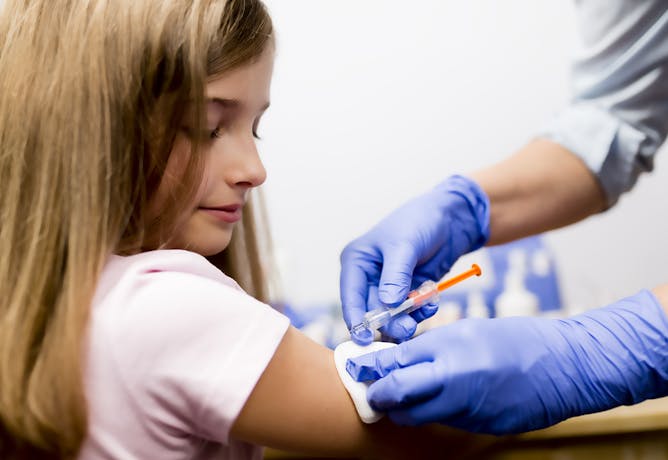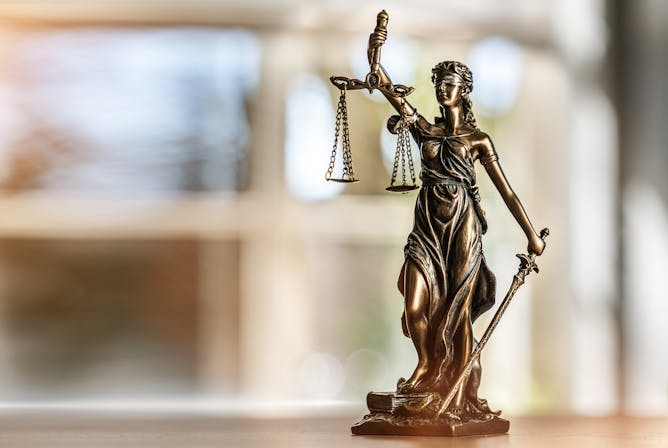Editor's note
|
|
As measles outbreaks continue in the U.S. and around the world, the online spread of disinformation about vaccines is shifting, according to a new analysis of social media by Filippo Menczer and Pik-Mai Hui at Indiana University. Find out what they’re seeing and what it may mean about the struggle between fact and fiction.
Democrats are offering a growing number of plans to soak the rich. For example, Sen. Sanders wants to raise the estate tax. Rep. Ocasio-Cortez would tax millionaires’ incomes at higher rates. And Sen. Warren proposes creating a new wealth tax. Which one would work best to reverse soaring rates of wealth inequality? Vanderbilt tax scholar Beverly Moran explores the differences.
Brain evidence is playing an increasing role in criminal trials in the U.S. But how does a juror or a judge deal with an MRI or CAT scan that purports to show an abnormality, brain damage or disorder in a defendant? Georgia State cognitive neuroscientists Corey Hill Allen and Eyal Aharoni ran an experiment to see how people weigh neurobiological evidence – and the results were paradoxical.
|
Jeff Inglis
Science + Technology Editor
|

|
|
Top stories
|

Scientific evidence is clear: Vaccination is good for people and society. Online discussions are increasingly reflecting that reality.
gorillaimages/Shutterstock.com
Filippo Menczer, Indiana University; Pik-Mai Hui, Indiana University
Social media activity suggests that pro-vaccine evidence may be starting to outweigh anti-vaxxer disinformation.
|

More Americans agree with plans to raise taxes on the wealthy.
Rena Schild/Shutterstock.com
Beverly Moran, Vanderbilt University
Democratic lawmakers have offered a number of ways to reverse decades of widening economic inequality. A tax expert gives them a closer look.
|

Which way does neurobiological evidence tip the scales in sentencing?
Alexander Kirch/Shutterstock.com
Corey Hill Allen, Georgia State University; Eyal Aharoni, Georgia State University
How do jurors use different kinds of information about mental illness when making sentencing decisions? An experiment finds that neurobiological evidence could harm or help defendants.
|
|
|
|
|
|
|
|
|
|
|
From our International Editions
|
-
Joseph Ogutu, University of Hohenheim
Intense and extensive changes mean that the Serengeti-Mara area's wildlife has an unsure future.
-
Natasha Tusikov, York University, Canada; Blayne Haggart, Brock University
National regulation of free speech should be by governments, and not corporations, in order to be democratic.
-
Jacco van Loon, Keele University
Meteorites might look like boring bits of rock – but each one has a fascinating story.
|
|
Today’s chart
|
-

 |
J. Edwin Benton
University of South Florida
|
| |
| |
| |
|
|